|
There’s been some controversy across Canada about whether this is a long weekend or not. The federal government has declared Monday a national holiday in honour of the Queen’s funeral. But because most workplaces fall under provincial jurisdiction, Ottawa’s declaration has resulted in a pastiche of provincial holidays to mark the passing of a woman who has been our head of state for the past 70 years.
Regardless of how you intend to mark the day, Monday will certainly be historic as world leaders gather for the royal funeral. It has been remarkable to watch the TV coverage of the human river of mourners who are waiting as long as 24 hours to get a chance pass by the Queen’s coffin in person.
The global network of The Conversation has come together to look at many different aspects of the monarchy during this time of royal transition. During this weekend – whether it’s a long one or a regular one – I invite you to read some these interesting and unique takes on a story that may happen only once in someone's lifttime.
The Conversation Weekly podcast is also back after a short hiatus. In this week’s episode, we explore how “modern” styles of architecture using concrete and glass have often usurped local building techniques better suited to parts of the world with hotter climates.
We’ll be back in your Inbox on Monday – so I guess that means it’s not a holiday for your faithful servants at The Conversation Canada!
|
Weekend Reads: The Queen's Funeral
|
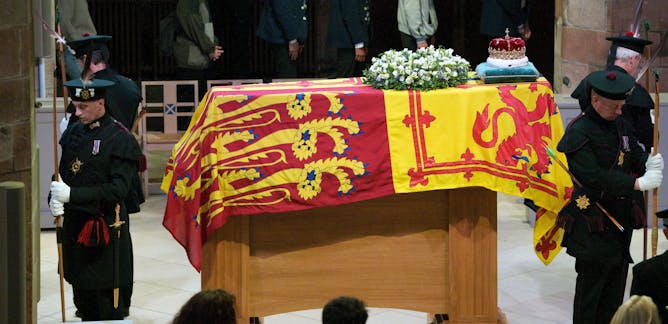
Philip Williamson, Durham University
Queen Elizabeth’s funeral will maintain all the traditions of previous royal funerals but will have some new additions to ease the new sovereign in.
| |
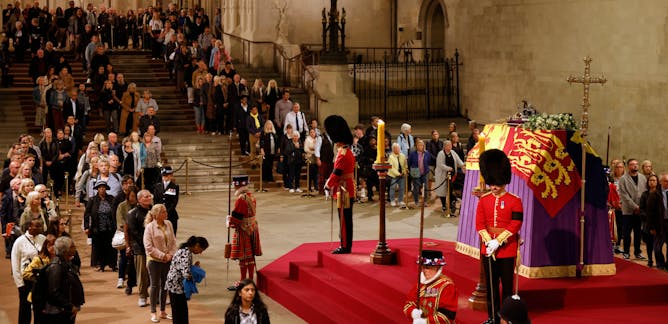
Stephen Coleman, University of Leeds
It is amorphous, intangible and difficult to articulate – but it’s worth trying to pin down what lies underneath expressions of grief for a lost monarch.
|
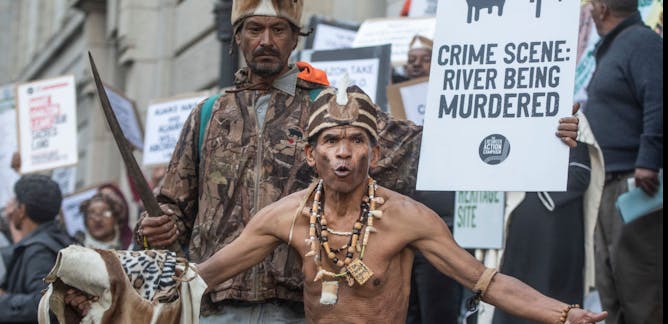
Adam Haupt, University of Cape Town
The British empire brought the practice of commons enclosure to Africa to claim land. Its effects continue today at sites like the Liesbeek River in Cape Town.
| |
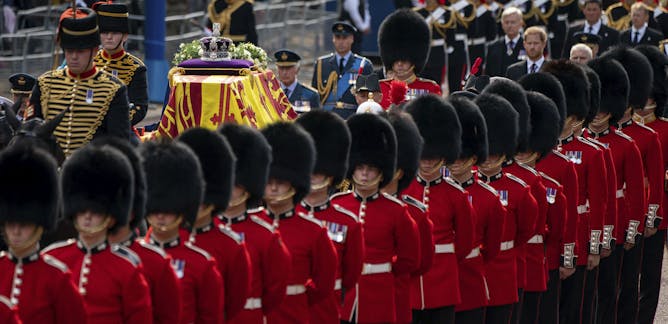
Clint Burnham, Simon Fraser University
Whose lives are considered worth grieving? Why is Queen Elizabeth’s life and death considered more grievable by authorities than Indigenous people, overdose victims or anyone else?
|

Katherine Davies, University of Sheffield
Sharing administrative tasks and reminiscing on family moments can bring siblings together during tough times.
| |
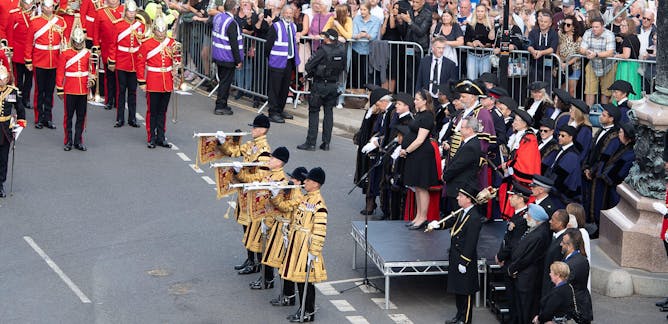
Jenni Hyde, Lancaster University
In 2022 TV news rather than ballads communicate the details of a monarch’s death, but the challenge of communicating the royal succession draws on lessons from 400 years ago.
|
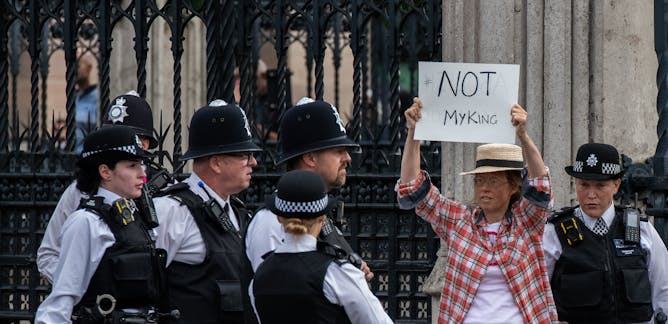
Maria O'Sullivan, Monash University
It’s understandable some people wish to publicly grieve the Queen and offer their respects to her and the monarchy. But those who disagree with the monarchy also have a right to freedom of speech.
| |

Elena Woodacre, University of Winchester
Other queens were just teenagers when they ascended the throne.
|
|
|
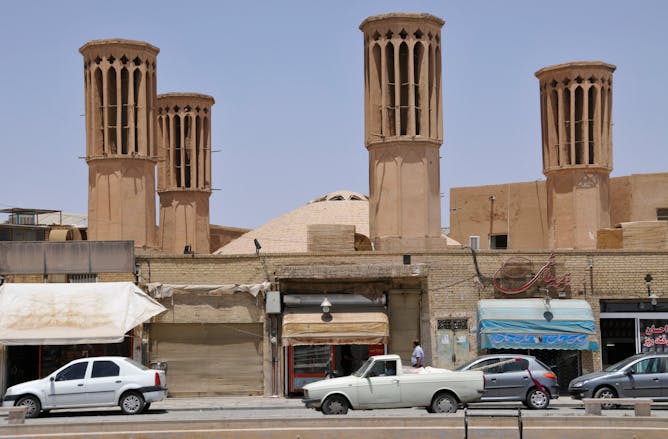
Gemma Ware, The Conversation; Daniel Merino, The Conversation
Follow The Conversation Weekly podcast for new episodes every Thursday.
|